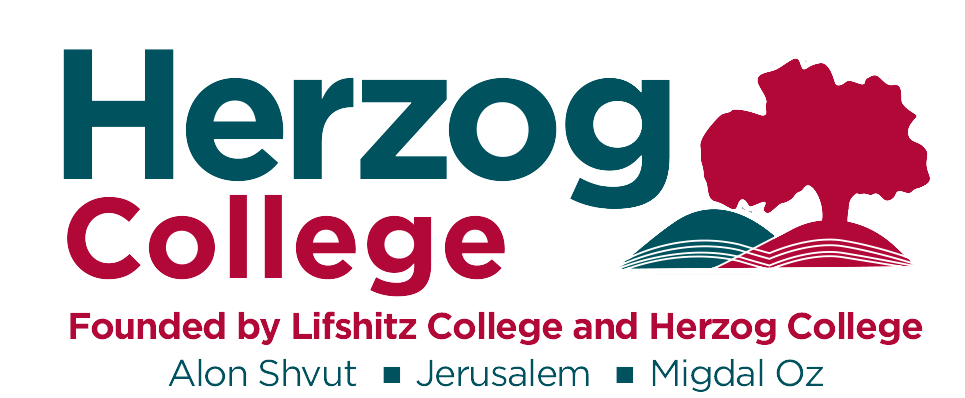This week marks 45 years since the death of David Ben-Gurion, the leader of the Jewish Yishuv in Israel during the period of the British Mandate, the first Prime Minister of the State of Israel, and the one who initiated and determined many of the political positions which form the basis of the State of Israel until today.
One of the concepts most identified with Ben-Gurion is that of mamlakhtiyut, meaning that state institutions will determine the character of the State. Apparently, he himself coined the term. It is the Hebrew translation of the Russian word gosoderstevo, whose modern meaning is State, but whose literal meaning is “kingdom.” Ben-Gurion chose that term to express the independence and political sovereignty of the State.
The centralized approach that David Ben-Gurion developed was an attempt to provide an additional dimension to the renewal of Jewish statehood, not only as a desired goal but as a system of principles of political conduct.
In the name of preserving the principle of mamlakhtiyut, the Altalena affair transpired, the Palmach was dismantled, the rich heritage of the Jews from Islamic countries was erased from the Israeli ethos, however, norms of Shabbat observance and kosher food in the IDF were institutionalized, and the educational system of the labor movement in education was dismantled. Many groups in Israeli society paid a heavy price for the implementation of Ben-Gurion’s mamlakhtiyut policy, though, apparently without it, the country would not have succeeded to endure in its early years.
Parallel to the mamlakhtiyut approach of Ben-Gurion, already during the lifetime of Harav Avraham Yitzchak HaCohen Kook and even more so during the life of his son, Harav Tzvi Yehuda, there existed a concept of mamlakhtiyut of religious Zionism. According to this approach, one must relate to the State with great respect and refrain from harming it, as a component of the philosophy that it is “the first flowering of our redemption” and “the foundation of the throne of God in the world.” According to this philosophy, the heads of the government of the Jewish people in the land of Israel are necessary tools to facilitate the complete emergence of Godliness – the complete redemption. “The State of Israel is a divine entity,” and “for me, the Prime Minister of Israel is an angel of God,” Rav Tzvi Yehuda declared.
The mamlakhtiyut that Ben-Gurion demanded from himself and from his political allies, was not only guidance to a proper administration and loyalty to the rule of law, with no conflicts of interest and without corruption, but also a demand from politicians as well as from simple citizens to display loyalty to the narrative of the rebirth of the Jewish nation in its homeland, to recognize the enormity of the era, and when necessary, even to pay a painful price as individuals and as a group.
From the perspective of the years and the changes that Israeli society has undergone, the question arises whether the mamlakhtiyut demanded by Ben-Gurion was indeed implemented equally and comprehensively vis-a-vis every citizen of the State. Today, awareness has grown of the shortcomings engendered by its implementation and of all those who were excluded from it.
Despite all this, it appears that mamlakhtiyut according to the secular interpretation of David Ben-Gurion or according to the religious meaning of Harav Kook, has something to offer the country and Israeli society, particularly during this tempestuous period that the political system is undergoing. Most of us today are far away from viewing the State institutions as a manifestation of “the throne of God in the world” or its leaders as angels. Nevertheless, it is important to remind our leaders to place before themselves the ethos of mamlakhtiyut, which was once obvious, and to sound the expectation that, when necessary, they will rise above sectarian consciousness and personal and electoral considerations in favor of the continuity of the Israeli narrative in our land.
Shlomit Fischer, developer of content and guidance for Yesodot, a non-profit organization of Herzog College.


